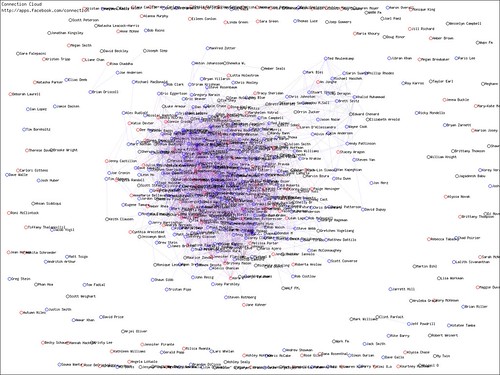The iPod Nano and iPod Touch – Implications for Podcasting and Podsafe Music
A few highlights from Apple’s refresh of the iPod line for podcasters and new media makers.
1. The iPod nano now plays iPod video – 320×240 H.264 video. With this, video iPods are much more affordable and in reach of more of the population. At 149 and199, the nanos are priced well – but 4 GB and 8 GB won’t go too far with lots of video.
Want to be the best video podcaster you can be? Get up to speed on video compression utilities to make your video high quality but small file size – tools like TechSpansion’s iSquint and VisualHub can do serious two pass encoding, making good quality at a small disk price.
2. CoverFlow is enabled on the nano. Again, because the nano line is so popular, it will have greater reach than the high end iPod. If you’re not using your show’s logo as cover art in every episode, you’re going to miss out on an increasingly important branding opportunity.
3. The iPod Touch is an iPhone-sized screen. Again, Coverflow means a huge branding opportunity for your show. The iPod Touch also incorporates the Safari Web Browser, which means that the Podcaster iPhone Kit is now the Podcaster iKit.
4. If you’re a video podcaster, YouTube is a required distribution point if you want maximum exposure. Apple has built YouTube browser functionality into two of its products now, iMovie 8 and now the iPod Touch. For maximum distribution, consider looking into a distributor like TubeMogul.com to hit as many video sites as possible.
5. If you’re a podsafe musician and you don’t have your music in the iTunes Music Store, do so immediately as long as it makes financial sense. The iTunes Music Store wireless edition now allows immediate, impulse purchases from the store, and with the holidays coming up, it’ll be even more important.
6. If you’re a podsafe musician, the iTunes Music Store available wirelessly also means a game change for drop cards. Instead of giving someone a dropcard and hoping they follow up, you can gift a song immediately to them – just with their email address. Instant way to build a mailing list at a relatively low acquisition cost!
7. The Starbucks Now Playing selection in the iTunes Wifi Music Store is interesting in its own right, but I look forward to the packet sniffer and relayer that can mimic a Starbucks, letting independent WiFi access points create a Starbucks-like access point. In turn, this could be used to promote independent artists’ music on a public WiFi point.
8. Search is in style again in iTunes. With a smaller interface than a PC and a smaller keyboard, having your podcast, music, or video easily searchable is going to be a Very Big Deal ™. Make your stuff searchable. Complete your ID3 tags on EVERY episode to reap the maximum benefits. If you work with a vendor that puts your music in the store, make sure they are doing a top shelf job with metadata and ID3 tags.


